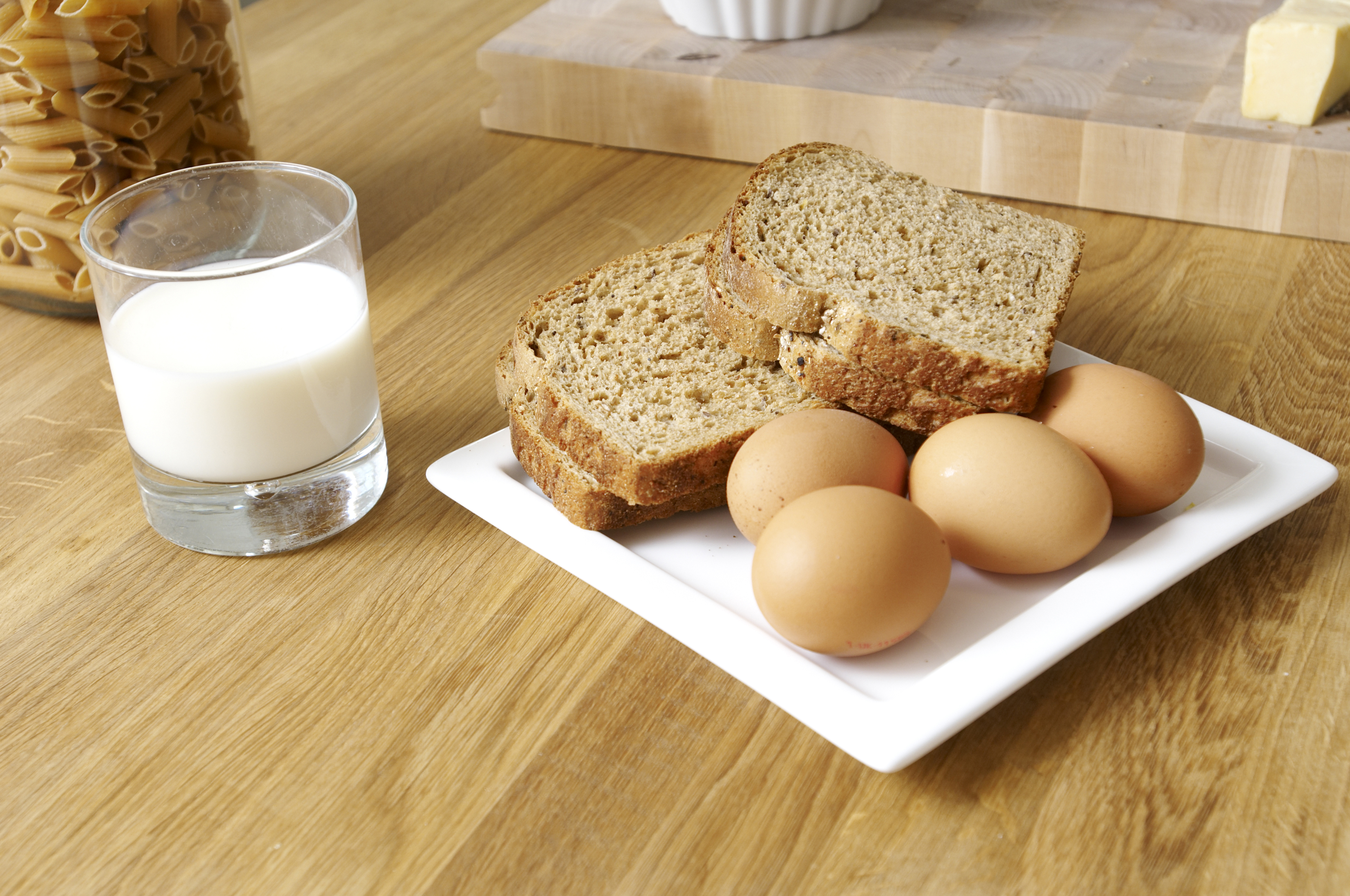
New York: Residents of Abu Dhabi, Osaka and Zurich can earn enough in less than five minutes to buy their first meal of the day, according to the Bloomberg Global City Breakfast Index. Ghanaians in Accra need closer to an hour, and people in Caracas, where inflation is soaring, need almost nine hours.
While budgeting for breakfast may be an afterthought in richer economies, prohibitively priced staples have led to malnutrition and food riots in poorer countries, including protests that engulfed more than a dozen Middle Eastern and North African nations in 2010 and 2011.
The Bloomberg index calculates the average cost and affordability of a typical breakfast -- one cup of whole milk, one egg, two slices of toast and a piece of fruit -- for 129 global and regional financial centers. Rankings are based on market prices for the last 12-18 months from Numbeo.com, an online database of user-contributed city and country statistics.
The index reveals wide affordability gaps between the top and bottom cities in some economic regions. Breakfast costs just over 1 percent of a day’s pay for people in Switzerland’s Zurich and Geneva, while Ukrainians in Kiev must shell out about 6 percent. In Asia, the cost is less than 1 percent in Osaka, compared with 12 percent in Hanoi, Vietnam. The disparity is widest in Latin America: from 2.4 percent in Monterrey, Mexico, to 111 percent in Caracas, the capital of Venezuela.
Bloomberg selected the items in its index because they’re widely available agricultural commodities whose prices allow for cross-city comparisons. What people actually eat for the day’s first meal varies from rice porridge and youtiao (a strip of fried dough) in Beijing and Shanghai to sausage and baked beans with eggs, tomatoes and other ingredients in England.
The wide range in affordability also reflects several market and regulatory forces, from food subsidies in places such as Cairo, which has the cheapest breakfast at $0.35, to higher markups in small import markets including Hamilton, Bermuda, where breakfast is $3.48.